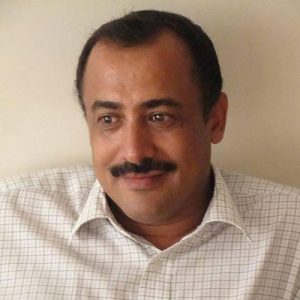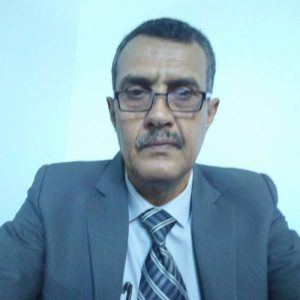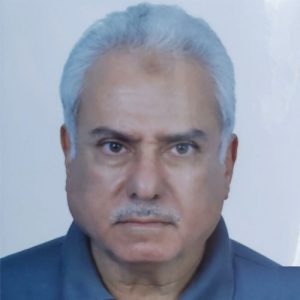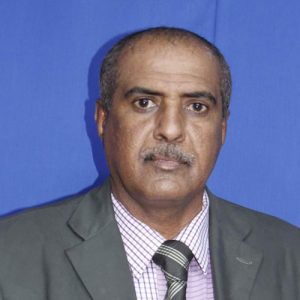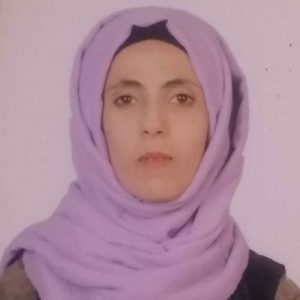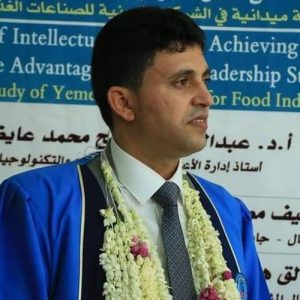Few words
about us
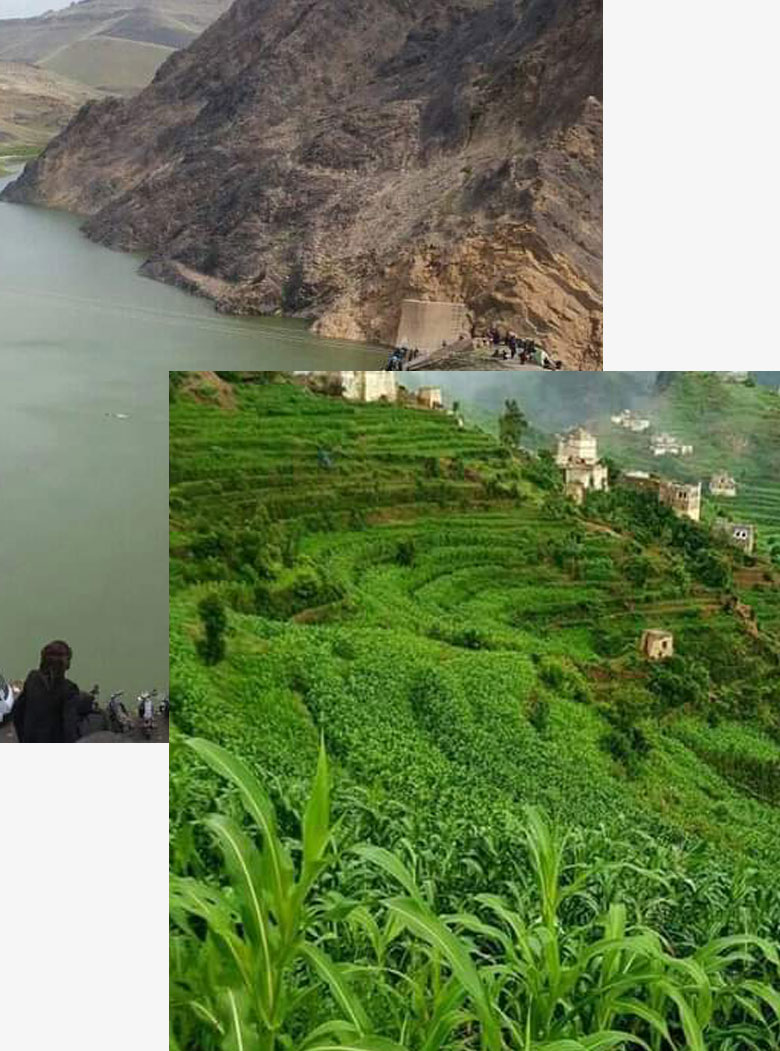
Yemeni Foundation for Agriculture and Sustainable Development (YFASD)
is an independent, non-governmental and non-profit organization established in 2012 in Sana'a by a number of academic experts in all agriculture disciplines. YFASD offers various services, studies and activities with most stringent and highest quality. It has the ability to reach all the governorates of Yemen. In addition, YFASD has a wide range of human, logistics, and program capacities. Since its establishment, YFASD has executed more than 20 projects in various fields. Such programs and projects cover more than 700 beneficiaries in Hodaidah, Taiz, Hajah, Saadah, Shabwah, Abyan, and Lahj governorates.
Implemented Projects
Beehives Produced
Governorates Covered
Volunteers
Meet our
team
YFASD’s team has wide experience in managing, implementing and supervising nationally and internationally-funded projects related to agriculture and environment. The team, in their previous tenures, have managed and supervised several projects in a wide range of agricultural issues sponsored by UN, International and local organizations.
Aside from its dedicated and highly experienced and qualified team, YFASD cooperates with numerous experts, consultants and university professors when the need be.
Vision
Adapting smart ways to stop wasting and degradation of agricultural and environmental resources, and climate change adaptation, in order to support economy, biodiversity, national economy, and sustainable development.
Mission
Our Mission is to accelerate widespread adoption of sustainable and resilient agricultural development, and to deliver quality capacity building services to Yemeni agricultural communities on through highly experienced and well-qualified teams. Our mission in the medium and long term is: Achieving sustainable development in agriculture, water, forestry and biodiversity sectors, as well as achieving sustainable use of them, in a way that ensures obtaining economic, social and environmental benefits for the population.
1. Conservation of water, land and forests,
2. Adapting climate-friendly farming techniques, and,
3. Involving local authorities, youth, and society representatives in the targeted areas in whole projects in all stages of projects implementation.
Our top three policies
Values
Equality and non-discrimination based on race, religion, sex, and gender
Transparency, integrity, and accountability
Environment and ecosystems
Creative, flexible, and innovative
Professional, effective, and informed by relevant sciences
Initiative.
Objectives
The YFASD’s objectives are in line with the national and UN strategies towards food security, poverty reduction and employment creation thus contributing towards achievements of SDGs i.e. SDG 1 to eliminate hunger and reduce poverty, SDG 3 to promote gender equity and SDG 7& 8 to promote environmental sustainability and strengthen global partnership through promotion of Good Agricultural Practices (GAPs) for Sustainable Development.
- Mobilize, train and impart skills to the local communities in general and agricultural communities on agri-based sustainable income generating activities.
- Provide agricultural information and resource center that helps improve uptake of sustainable agricultural practices.
- Train and support the communities on all agriculture related practices.
- Promote greater involvement of target communities in development structures to improve food security.
- Mobilize and consolidate the support of other institutions in the promotion of sustainable agricultural practices in order to develop common agricultural extension messages.
- Provide a national acceptable platform on representation and advocating for Good Agricultural Practices that guarantees environmental and biodiversity conservation.
- Enhance access on improved ways of farming in order to help the orphans, poor children especially towards education advancement
- Mobilize resources for specific activities implemented by the foundation in areas of operation


